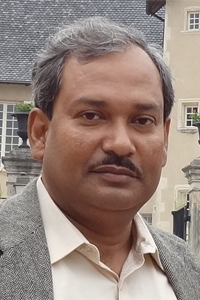Week 1: Fundamental concepts in momentum transfer, shell balance, governing equations and relevant boundary conditions .
Week 2: Formulation and solution of momentum transfer in laminar flow.
Week 3: Navier-Stokes equation and its applications, solutions of momentum transfer problems in different geometries
Week 4: Formulation and solution of heat transfer in laminar flow
Week 5: Development and use of energy equation
Week 6: Transient conduction - lumped capacitance, analytical solutions and other methods.
Week 7: Formulation and solution of mass transfer in laminar flow. Development and use of species balance equation
Week 8: Introduction to convective flow, natural convection, relevant examples from heat and mass transfer
Week 9: Boundary Layer concepts, boundary layer thicknesses (disturbance, displacement and momentum), Blasius solution for flow over a flat plate
Week 10: Use of momentum integral equation, turbulent boundary layers, fluid flow about immersed bodies, drag
Week 11: Mathematical treatment of the similarities between heat, mass and momentum transfer, similarity parameters, and relevant analogies.
Week 12: Solution of coupled heat, mass and momentum transfer problems based on analogy.

DOWNLOAD APP
FOLLOW US